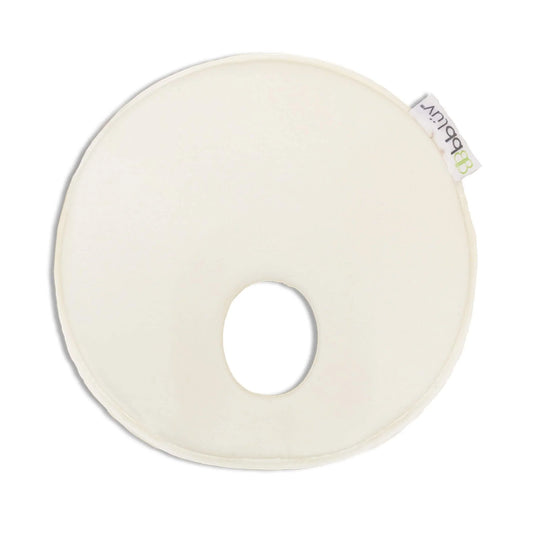The benefits of pacifiers and when they can become a problem for your baby
From the time your baby is in the womb, he develops the sucking reflex. At birth, this not only helps him to feed himself, but it also helps him to be calm and relaxed. This is one of the main reasons why many mothers and fathers are in favour of pacifiers, as they can be an ally when it comes to calming and putting their babies to sleep. However, there are also many detractors of pacifiers because prolonged use can have negative consequences on the baby's development.
The main benefits of the pacifier
There are two types of sucking: nutritive and non-nutritive. The first is when you give your baby breast milk or formula and he or she is getting calories. The second is when your baby sucks, but without gaining calories.
The pacifier, in fact, encourages non-nutritive sucking , which provides benefits for your little one:
- It releases endorphins in your baby's brain, which generates a feeling of pleasure and well-being.
- It produces a feeling of relaxation and this gives your baby peace of mind and security.
- It is also a way to encourage sleep , precisely because of the effect it produces.
For pacifier detractors, there are other methods to soothe your baby, such as skin contact and other non-nutritive sucking tactics.
The main concern is that pacifier use will interfere with your baby's breastfeeding by creating confusion between the nipple and the teat.
If you have a newborn and are a fan of pacifiers, experts recommend waiting until breastfeeding is well established to offer it.
Keep in mind that several studies show that mothers who offer a pacifier and breastfeed or formula feed their infants are just as successful as those who do not.
The negative consequences of the pacifier
Experts warn that the risks of using a pacifier appear when it is used for longer than necessary and is not stopped in time. That is why it is recommended to limit its use after 6 months and to stop using it completely after one year.
The main risks of prolonged use of a pacifier (or finger pacifier) can be:
- Development of poor alignment of the bite and palate.
- Speech disorder, that is, difficulty in pronouncing certain sounds due to the muscles of the mouth not developing normally.
- Suffer from the onset of otitis .
- Dependence on your baby to calm down and sleep.
Excessive or prolonged use of pacifiers can have negative consequences for your baby's development. However, if you limit its use and remove it within the recommendations of experts, it also has its benefits.
If you want your baby to use a pacifier, here are some tips:
What is the best way to offer a pacifier to your baby?
- Hold the pacifier firmly, place it in your baby's mouth, and apply pressure to the tongue while gently moving it in circles. Sometimes adding a little breast milk or formula can help, too.
- It is always best to offer a pacifier when your baby is calm, rather than crying or fussy, to avoid creating dependency. You can try different brands of pacifiers. Sometimes babies prefer certain types of pacifiers .
In some cases, pacifiers can become a real pain when your little one becomes too dependent on them.
When does the pacifier become a problem and not an ally?
If your baby cries and wakes up countless times during the night, every time the pacifier falls out, then it's time to do something:
- Just before your baby falls into a deep sleep, gently remove the pacifier from his or her mouth. This increases the likelihood that your baby will return to sleep through the night without needing to replace it.
- Sleeping without a pacifier is not a skill that your baby will develop immediately. It may take a few weeks for your little one to learn to fall asleep without one. Remember that it is a process that will take time and patience.
- If your baby starts crying as soon as you take away the pacifier, simply give it back to him and try again during another nap.
Please note that it is perfectly acceptable for your baby to fall asleep with a pacifier in his or her mouth. This is simply a technique that can be helpful for babies who are overly dependent on pacifiers and become a problem for moms and dads.
The use of pacifiers is still a topic that provokes mixed feelings and in some cases controversy. This is due to the existence of studies that account for both the risks and benefits of pacifiers. However, it is a decision that depends on you according to the advice of your pediatrician.









